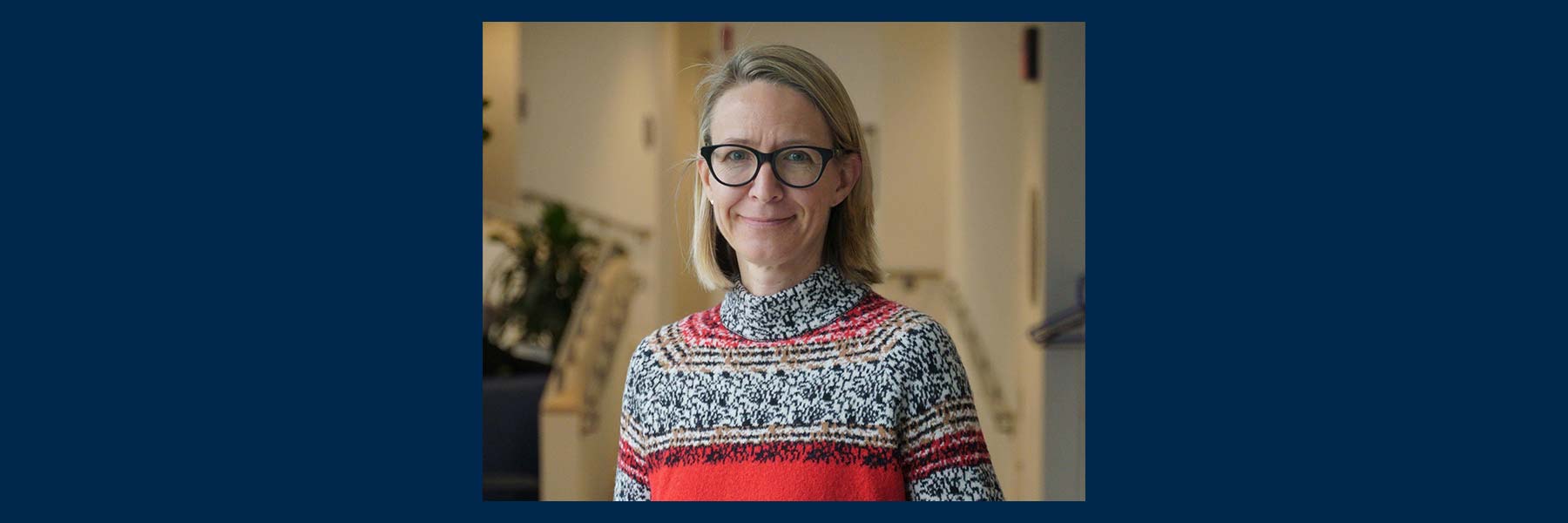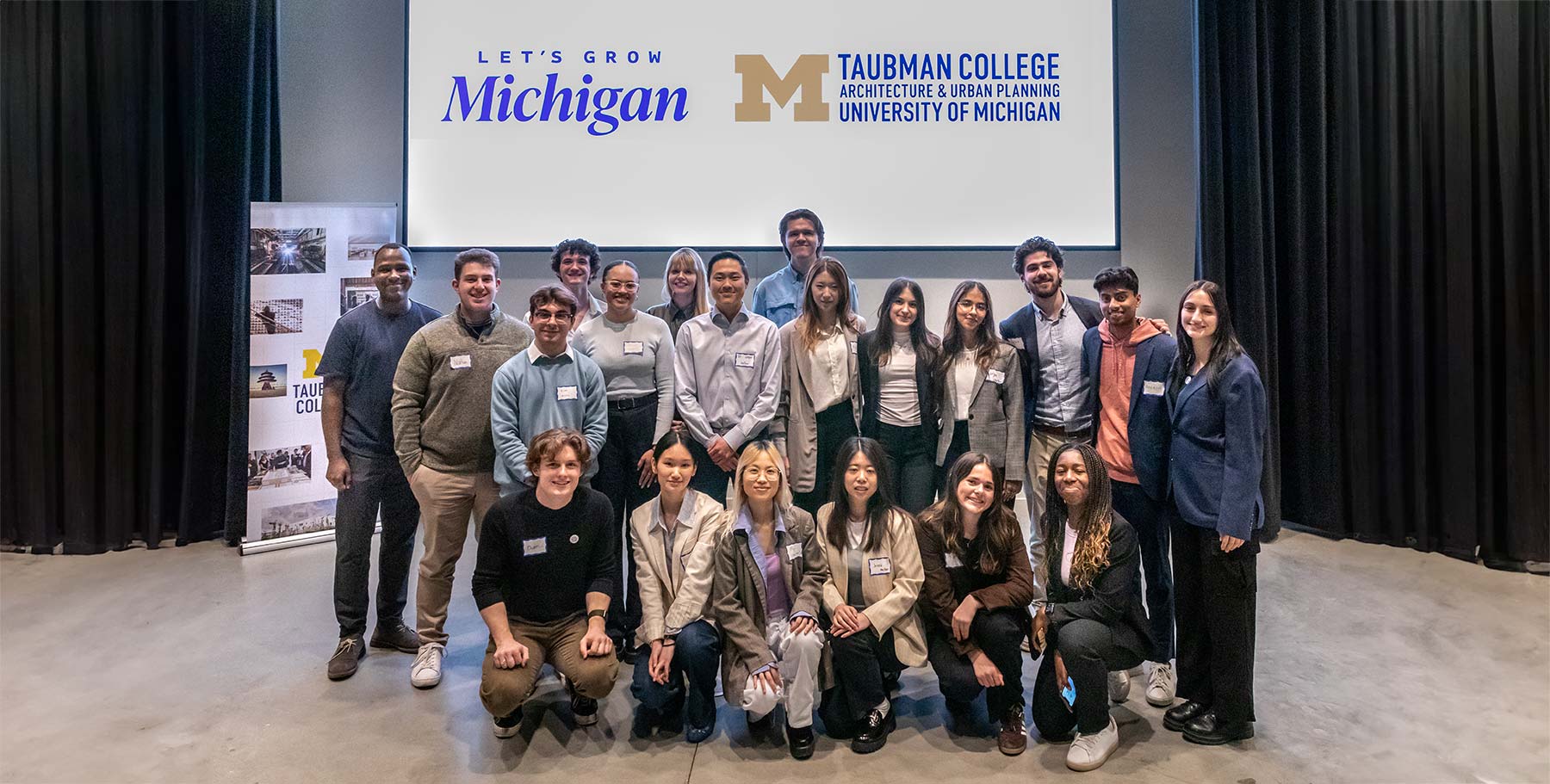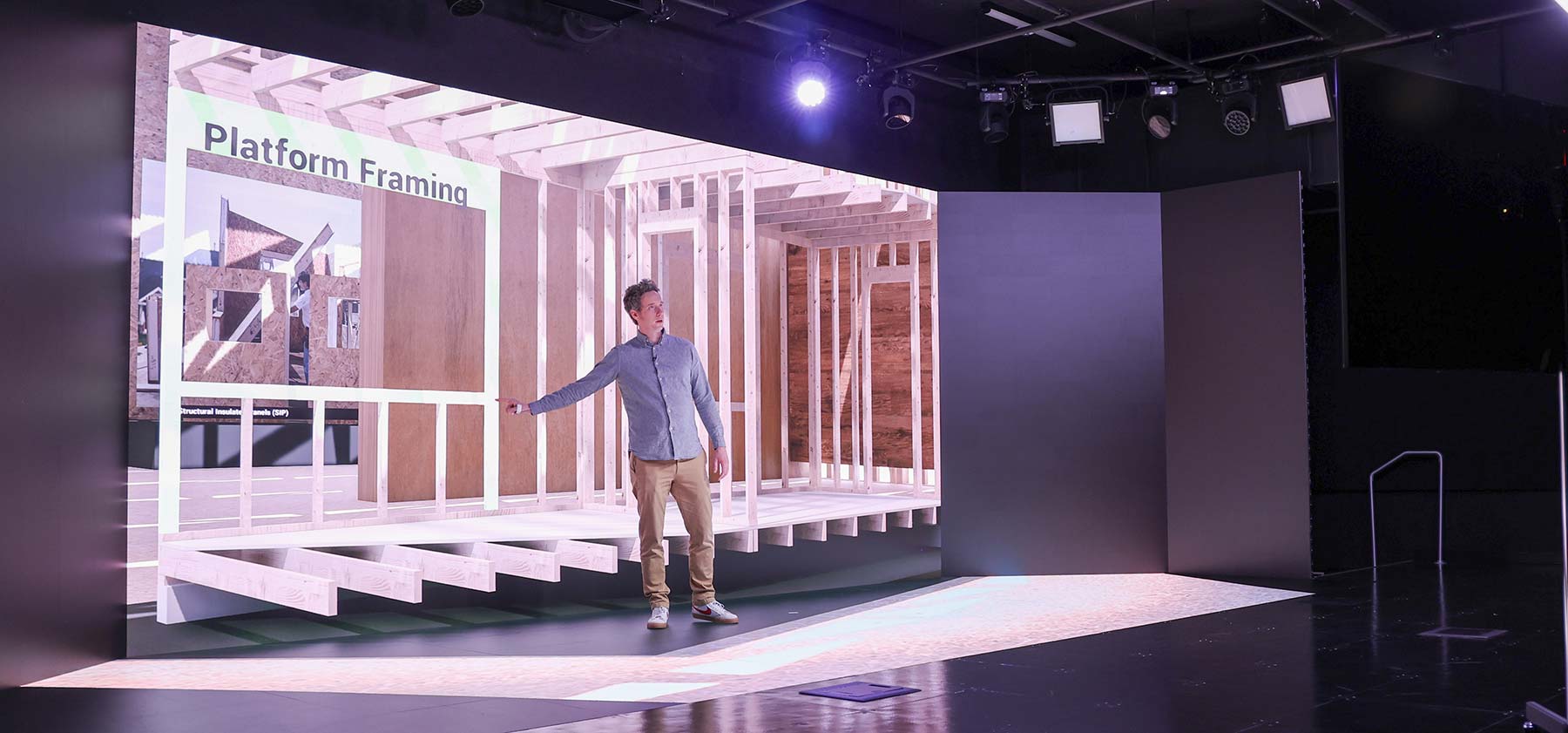UM’s Center for Research on Learning and Teaching awarded monies from the Faculty Development Fund for innovations that enhance the quality of student learning. Grants are awarded to individual faculty members or groups of faculty for work on topics such as curriculum development and evaluation, interdisciplinary courses, inclusive classrooms, research experiences for undergraduates, and graduate student instructor (GSI) mentorship and training programs. Taubman College faculty members were awarded three of the eleven grants provided university wide.
Grants were awarded to the following faculty:
Ellie Abrons and Adam Fure
Title: The Material Fringe: New Materials and Methods of Making
The course will address inherent challenges in architectural education. The primary goal is to improve student learning through the integration of design and making. Design studio courses, which are the foundation of architectural education, teach students methods of design thinking and ways to approach the myriad of architectural design issues such as site, program, urbanism, and form. Due to limited time and the necessarily ambitious objectives of these courses it is almost impossible for students to merge the designs they are developing in studio with acts of making on a large scale. The recent acquisition of advanced digital tools and technologies in the Fabrication Lab at the Taubman College of Architecture and Urban Planning affords the opportunity to bridge this separation as these tools allow students an unprecedented level of efficiency, speed, and economy in methods of making. Currently, these tools are dedicated to special seminars which, although productive, remain separated from major design studios. This proposal seeks to develop a more robust relationship between design studio courses and fabrication seminars which would allow greater integration of design and making.
This proposal addresses these challenges in three phases: (1) Hands-on research with the materials and tools of the Fabrication Lab at the Taubman College of Architecture and Urban Planning; (2) the compilation and distribution of this research to students through an online knowledge base; and (3) the development of a pilot course for the Fall 2010 semester entitled The Material Fringe which will begin to test the larger ambitions of the project to integrate design and making.
Robert Fishman and Kit McCullough
Title: Sustainable Urban Design
Taubman College mandated that sustainable urban design become a major part of the curriculum. Fishman and McCullough, along with four Master in Urban Design (MUD) students will work together beginning in May 2010 to create what will be College’s and the University’s first course on sustainable urban design, and one of the first in the nation. The course will be offered in Fall 2011. This project will create an international database of significant policies and design innovations in sustainable urban design. Ultimately, the teaching of this new course will serve as the basis for a textbook on the subject.
Jen Maigret and Maria Arquero de Alarcon
Title: Liquid Planning: watersheds, waysides and wireframes
Liquid Planning: watersheds, waysides and wireframes is a collaboratively taught course that will bring urban planning and architecture students together to use regional, watershed based GIS analysis to inform digitally designed and fabricated system strategy proposals. The project aims to utilize watershed planning as a way to teach a methodology of bridging scales, registering time and designing for processes that transcend established political boundaries. As a new course offering, Liquid Planning will address an existing curricular gap in the diversity and availability of required environmental technology selectives in the architecture program as well as environmentally regional coursework in the physical planning offerings.




